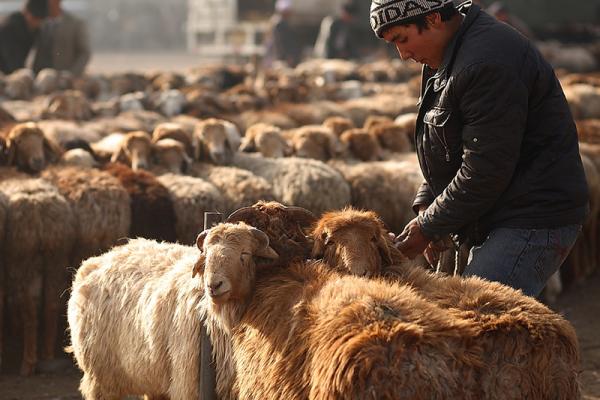Sep 12, 2016
As millions of Muslims worldwide sharpen their knives for the annual animal slaughter of Eid al-Adha, some have been left disturbed by their community’s high level of meat consumption.
Walk into any mosque on Sept. 12, the first day of Eid al-Adha for most U.S. Muslims. Chances are, worshippers’ plates will be loaded up with chicken, beef, or lamb.
“It’s as though they think eating meat is obligatory in Islam,” said Mohamed Ghilan, a vegan and student of Islamic jurisprudence in Vancouver, Canada. “And so many people believe that slaughtering an animal on Eid is obligatory, too.”
Read the Full Article

Already a subscriber? Login
